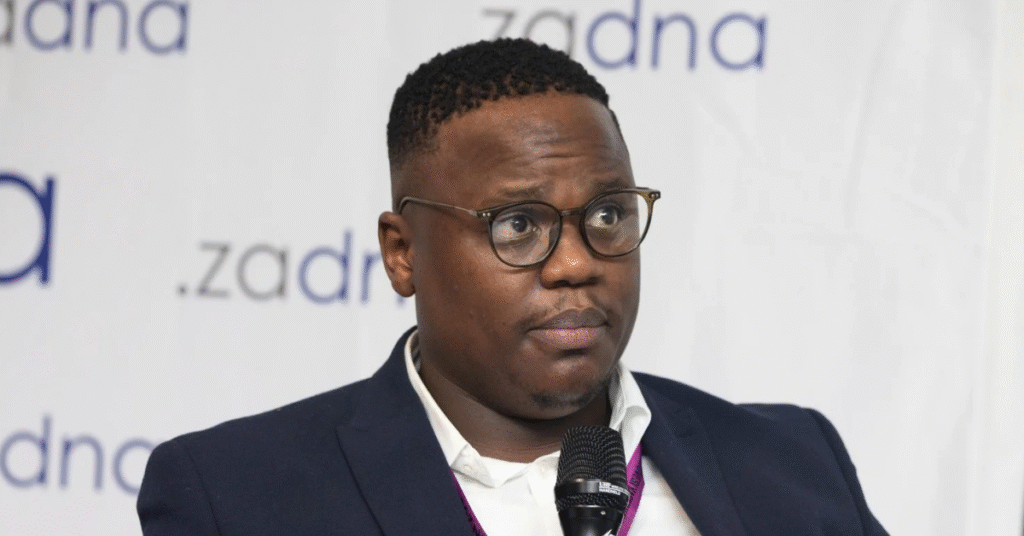On May 23, South Africa’s Communications Minister, Solly Malatsi, released a policy amendment to allow multinational corporations to use Equity Equivalent Investment Programmes (EEIPs) as an alternative to the strict Broad-Based Black Economic Empowerment (B-BBEE) ownership. While the update to South Africa’s policy appeared routine, the timing, following President Cyril Ramaphosa’s meeting with President Donald Trump in the U.S, has sparked intense debate and concern among industry experts, local businesses, and the public.
Depending on who you ask, they say the regulatory update looks suspiciously like a diplomatic gift to Elon Musk’s Starlink, but Malatsi insists the changes have been in the works for months.
Traditionally, South Africa’s policy in ICT has been developed through careful consultation, with a strong focus on promoting local ownership, economic transformation, and fair competition. The B-BBEE framework was designed to address historical injustices by ensuring that black South Africans have a meaningful stake in the country’s economy. Any changes to these rules, especially if they appear to benefit foreign interests at the expense of local businesses, raise important questions about the future of economic empowerment and digital sovereignty in South Africa.


